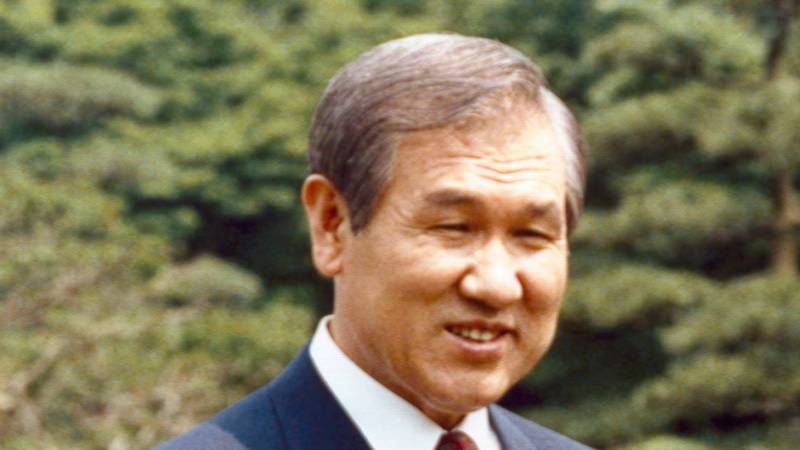Former South Korean President Roh Tae-woo died in Seoul. He died in the intensive care unit at the University Hospital in the capital, after decades of health struggles.
Roh led South Korea from a military-ruled authoritarian state to a democratic one, but ended his long career in prison for violently crushing rebellion, fraud, and self-enrichment.
A veteran of the Korean War (1950-1953), he began his career in South Korean politics. He initially helped a comrade from the army take power in a military coup in 1979. At least 191 people were killed in an armed uprising against the coup plotters in Gwangju. In the end, Roh’s services earned him a series of high government positions.
Turn to democracy
When coup leader Chun Doo-hwan-roh appointed his successor eight years later, the population rose in revolt. In mass protests, South Koreans demanded democratic reforms. To maintain the peace, Roh distanced himself from his predecessor and introduced reforms including a directly elected president. He led the country until 1993.
Roh really put his country on the map when he opened the Seoul Olympics in 1988. He established diplomatic relations with Russia and China and in 1991 South Korea was incorporated into the United Nations. The country also flourished economically.
But his last years in the presidential palace were overshadowed by corruption scandals that forced him to resign. In 1996, he and his military and political friend Chun were sentenced to long prison terms for the 1979 Gwangju massacre and mass fraud. A year later, the new president pardoned them. In 2013, Roh, with the help of his family, repaid all the money that went in his pockets to the state.







